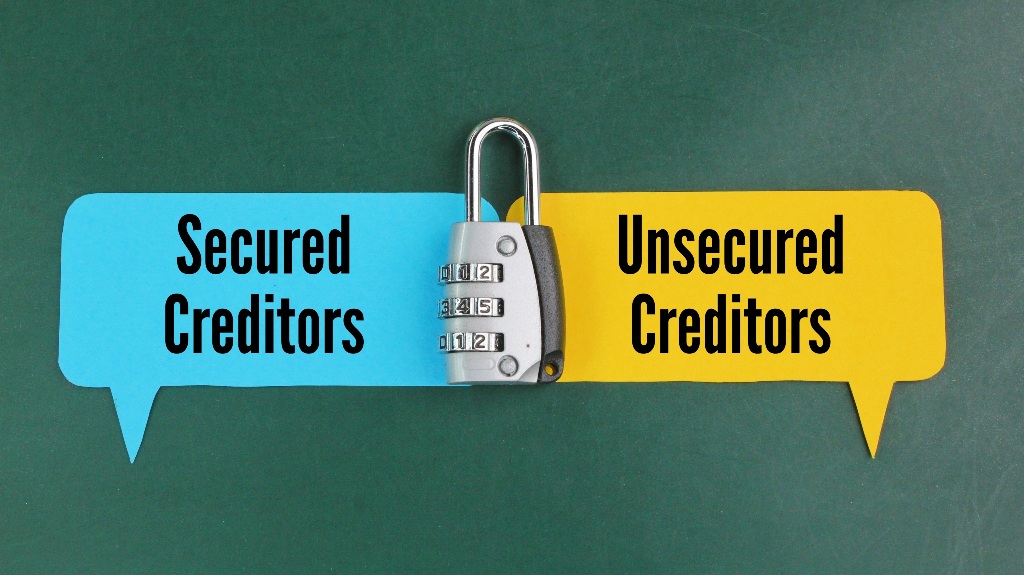
When a person or business falls on hard times financially, bankruptcy is an option for resetting the balance sheet. The penalty for declaring bankruptcy can be the loss of physical possessions through liquidation as well as the black mark on their credit score, which can last many years, preventing them from borrowing money and rebuilding. Yet it provides a critical opportunity for individuals and businesses to renegotiate debt terms and start fresh.
Understanding the intricacies of the bankruptcy process may require professional advice. Bankruptcy attorneys guide individuals and businesses through the process, pointing them toward the classification (Chapter 7, 11, or 13) that best suits their situation and helping with information such as handling creditors.
Understanding the Debtor-Creditor Relationship in Wisconsin Bankruptcy
The individual or company that declares bankruptcy is the debtor. Creditors are those who are owed money by the debtor, including banks, equipment suppliers, credit card companies, landlords, and franchisors.
Creditors are categorized as secured or unsecured. These are defined as:
- Secured: these are loans or accounts that are leveraged by collateral. That means the debtor leveraged an equally valuable asset, whether an account or piece of physical property, such as a vehicle or home, in exchange for the cash or loan. If the debtor defaults on the loan, the creditor may repossess the collateral.
- Unsecured: loans or accounts that were provided without collateral, such as on the basis of a credit score. These creditors are typically credit card companies, medical providers, and utilities.
In addition, it’s common to have non-dischargeable debts. These are nonnegotiable commitments enshrined in law which include taxes, child support or alimony, student loans, and penalties or restitution for criminal behavior.
Note that Wisconsin has separate state exemption limits called the “opt-out” that allows petitioners to choose between the state limits and federal limits (petitioners cannot choose from both lists). Wisconsin allows individuals to protect up to $75,000 in home equity and $4,000 vehicle equity as well as 100 percent of qualifying retirement accounts.
When bankruptcy is declared, an automatic stay prevents creditors from contacting debtors or attempting to collect. This remains in effect throughout the bankruptcy process unless the court approves a specific creditor’s petition to lift the stay.
In Chapter 7 bankruptcy, the debtor’s assets are sold off to pay creditors. The debtor claims exemptions (such as for vehicles and a home) and which creditors receive priority repayment (those with collateral security). Debtors may seek reaffirmation deals with selected creditors to preserve relationships and to continue to pay loans, but this is subject to court approval.
A Chapter 341 hearing, scheduled about 40 days after the bankruptcy petition is filed, allows creditors to participate in the debtor’s bankruptcy process. Specifically, it allows creditors to question the debtor under oath.

Small businesses and entrepreneurs trying to reorganize under Chapter 11 bankruptcy may have longtime relationships with creditors, such as their longtime bank. Banks can loan to businesses in Chapter 11 to aid in their financial recovery but any loans provided during bankruptcy must be approved by the court, and potentially by the committee of creditors. These are called DIP (Debtor in Possession) loans.
A bankruptcy judge approves or denies the proposed repayment plan and oversees the debtor’s monthly payments to creditors. In rare Chapter 11 cases a court appointed trustee and a committee of creditors review and discuss the debtor’s business decisions, including loans for operating capital (when possible), hires, and spending on equipment. Under Chapter 11, debtor businesses must have major alterations to their financial plan pre-approved by the court.
Ongoing Debtor-Creditor Relationships in Wisconsin Bankruptcy
Those considering Chapter 7 may try a pre-bankruptcy workout with creditors or can strike reaffirmation deals, agreements to pay off debts outside of bankruptcy designed to retain a physical asset (such as a vehicle, by paying the lease or loan involved) or in exchange for future credit.
To preserve relationships with creditors who are often longtime colleagues, small businesses seeking Chapter 11 bankruptcy may opt for Subchapter V, a faster process with more flexibility for structuring a recovery plan.
It’s critical to understand the nuances of each of these available tools and its optimal application. Misunderstanding the necessary steps or bungling the legality of each can result in the bankruptcy petition being rejected by the court.Businesses that declare Chapter 11 bankruptcy in Wisconsin who want to preserve their relationships with creditors need an experienced bankruptcy team like Kerkman & Dunn. We are qualified to advise you throughout the process, from pre-bankruptcy workout through discharge. Put our knowledge and experience to work for you.


